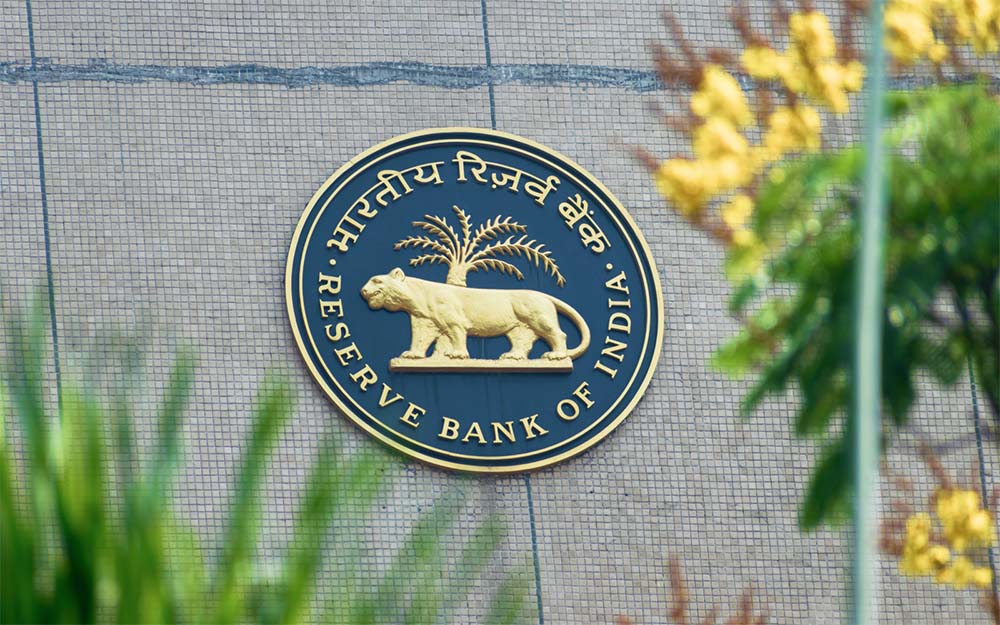Indian banks are entering a critical phase of digital transformation as the Reserve Bank of India (RBI) pushes for a dedicated governance framework for artificial intelligence (AI) in financial services. While the sector already uses AI for fraud detection, credit scoring, and lending decisions, regulators believe that unchecked growth could expose institutions and customers to new risks.
The call for regulation comes at a time when India’s AI-in-finance market is projected to cross ₹1.02 lakh crore by 2033, driven by increasing automation, cost optimization, and customer-centric innovations. Banks are expected to tie AI investments directly to revenue generation and cost-saving goals, from automating back-office operations to delivering personalized financial products.
Consent, Transparency, and Customer Trust
One of the biggest challenges facing banks will be redefining customer consent in an AI-driven environment. Instead of one-time approvals, RBI is likely to push for dynamic consent models, requiring customers to regularly update their preferences as algorithms evolve.
This shift will place greater emphasis on transparency and customer education. Banks may be required to explain how customer data is collected, stored, and used, while also investing in awareness campaigns to build trust. Institutions that succeed in this transition could gain a competitive edge in customer loyalty.
Data Protection and DPDP Act Readiness: Hundreds of Senior Leaders Sign Up for CDPO Program
Strengthening Cybersecurity and Vendor Oversight
As AI adoption deepens, banks will be under pressure to upgrade cybersecurity defenses, implement bias detection mechanisms, and adopt robust governance structures. Industry experts expect RBI to mandate audits and compliance checks not just for banks but also for third-party vendors and fintech partners supplying AI tools.
This new regulatory lens could lead to a rewriting of vendor contracts, placing responsibility on banks to ensure transparency, accountability, and fairness in outsourced AI services. Institutions that fail to comply may risk regulatory penalties and reputational damage.
Expanding Financial Inclusion with Alternative Credit Scoring
AI’s biggest promise in India’s banking system lies in financial inclusion. By analyzing alternative data sources such as mobile usage, GST filings, and utility bill payments, AI can enable banks to assess the creditworthiness of individuals with little or no formal credit history.
This innovation could bring millions of underserved Indians into the formal banking system, reshaping the lending landscape and intensifying competition among banks. Experts believe that this shift could help India meet its broader goals of inclusive growth while reducing reliance on traditional credit scoring systems.
Walking the Tightrope: Innovation vs. Regulation
For banks, the next decade will be about balancing innovation with regulatory compliance. In the absence of an AI-specific law in India, much of the responsibility will rest with institutions themselves to self-regulate and adopt ethical practices.
RBI’s upcoming framework is expected to provide guardrails, but banks will need to experiment cautiously, ensuring that aggressive use of AI does not erode customer trust or lead to systemic risks.
As India’s financial sector transforms, AI promises efficiency, growth, and inclusion—but only if regulation and innovation move hand in hand.


